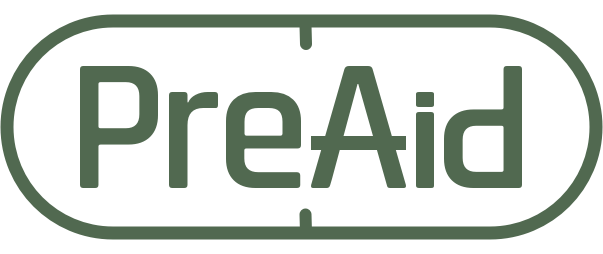Your basket is currently empty!
The Essential Guide to Micronutrients: Unlocking the Secrets to Optimal Health

The Essential Guide to Micronutrients: Unlocking the Secrets to Optimal Health
In the realm of nutrition, the term “micronutrients” often gets overshadowed by its larger counterpart, macronutrients. Yet, these tiny powerhouses—vitamins and minerals—are the unsung heroes of our health, playing vital roles in everything from immune function to bone health. But what exactly are micronutrients, and why should we care?
1. What Are Micronutrients?
Micronutrients encompass a broad spectrum of vitamins, such as A, C, D, E, and the B-complex family, alongside essential minerals including iron, zinc, calcium, and magnesium. Unlike macronutrients, which provide energy, micronutrients serve as co-factors in biochemical reactions and are crucial for maintaining homeostasis. Their deficiency can lead to an array of health issues, often subtle yet significant.
2. The Consequences of Deficiency
Consider the case of iron deficiency, a global health concern that affects millions. Symptoms can manifest as fatigue, weakness, and impaired cognitive function. Interestingly, research has shown that even mild deficiencies may hinder academic performance in children. Similarly, vitamin D deficiency can lead to osteoporosis, a condition that affects bone density and increases fracture risk. It’s rather alarming how a lack of these micronutrients can result in such profound health consequences, don’t you think?
3. Micronutrients and Immune Function
A well-functioning immune system is essential for warding off illnesses, and micronutrients are integral to this process. For instance, vitamin C is renowned for its role in enhancing the immune response, while zinc is crucial for the development and function of immune cells. A study published in the American Journal of Clinical Nutrition highlighted that adequate zinc intake could reduce the duration of cold symptoms. This begs the question—are we doing enough to ensure our diets are rich in these essential nutrients?
4. The Role of Micronutrients in Mental Health
Emerging research suggests a compelling relationship between micronutrient intake and mental health. For example, omega-3 fatty acids, while often classified as macronutrients, are considered vital for brain health and mood regulation. Furthermore, deficiencies in B vitamins have been linked to increased rates of depression and anxiety. Could it be that our diets are intrinsically tied to our mental well-being, or is this merely a coincidence?
5. Sources of Micronutrients
The best way to ensure adequate micronutrient intake is through a varied diet rich in fruits, vegetables, whole grains, and lean proteins. Dark leafy greens, nuts, seeds, and legumes are particularly nutrient-dense. However, with our busy lifestyles, it’s easy to fall into the trap of convenience foods, which often lack these essential nutrients.
6. Supplements: A Double-Edged Sword?
While supplements can play a role in addressing deficiencies, they should not be viewed as a panacea. The human body is a complex system that thrives on the synergistic effects of whole foods. Moreover, excessive intake of certain vitamins and minerals can lead to toxicity. The Royal Society of Chemistry warns that the unregulated supplement industry can sometimes mislead consumers about the necessity and safety of these products. So, what’s the right approach?
A Final Thought
As we navigate the labyrinth of dietary choices, understanding the importance of micronutrients is paramount. They are not merely optional extras in our diets; rather, they are foundational to our overall health. The pursuit of optimal health begins with knowledge and awareness. As you ponder your next meal, consider the micronutrient profile of your plate.
At BargainsTrust, we remain committed to bringing you valuable insights on health and wellness, ensuring that you have access to the best selections for your nutritional needs.
Related Blogs
-

The Ultimate Guide to Vegan Nutrition: Essential Tips for a Balanced Plant-Based Diet
-

Embrace Digital Detox: 10 Essential Steps to Reclaim Your Offline Life
-

Essential Self-Care Practices for Enhancing Mental Health: A Comprehensive Guide
-

Unlocking the Benefits of Plant-Based Nutrition: A Comprehensive Guide to Healthier Living
